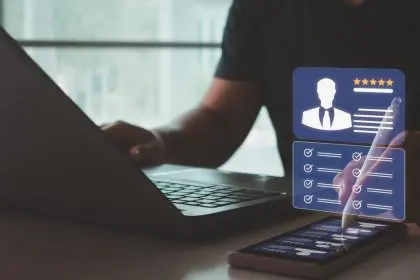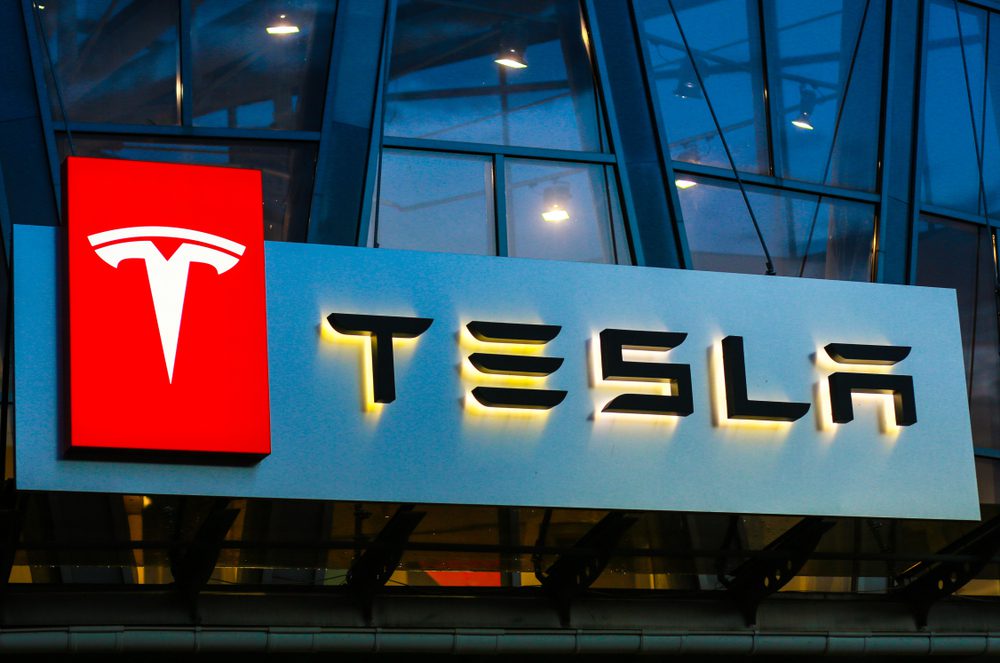The line between artist and algorithm is disappearing faster than anyone expected, and your favorite musicians are probably using AI co-writers without telling you. From bedroom producers to chart-topping pop stars, artists are increasingly turning to AI tools like GPT-based lyric generators to brainstorm, refine, and even finish their songs, fundamentally changing how music gets created.
This isn’t just about convenience or cost-cutting, it’s about a generation of musicians who see artificial intelligence as another instrument in their creative toolkit. But in a craft so deeply rooted in emotion, personal truth, and authentic self-expression, the rise of AI co-creation is forcing the music industry to confront uncomfortable questions about what makes art genuine.
The debate isn’t whether AI will become part of music creation, it’s already happening. The real question is whether audiences will accept songs that were partially written by algorithms, and how artists will navigate the complex territory between technological assistance and authentic creative expression.
Your new bandmate never sleeps and works for free
AI songwriting tools like Suno, Udio, and ChatGPT are rapidly becoming indispensable creative companions for musicians who need help with chorus hooks, want to match lyrics to specific moods, or find themselves stuck on difficult verses. Unlike human collaborators, these digital partners don’t sleep, judge creative choices, or charge hourly rates.
The real attraction isn’t just speed or availability, it’s inspiration on demand. Many artists describe working with AI as having access to a collaborator with unlimited memory, endless patience, and the ability to generate ideas in any style or genre instantly. This removes many of the practical barriers that have traditionally limited creative collaboration.
Musicians report that AI tools excel at breaking through creative blocks by offering unexpected combinations of words, phrases, and concepts that human writers might never consider. The algorithms can generate dozens of variations on a theme, allowing artists to explore creative directions they wouldn’t have discovered alone.
The technology has advanced to the point where AI can analyze existing songs, understand lyrical patterns and emotional content, then generate new material that matches specific artistic styles while introducing novel elements that surprise even experienced songwriters.
The authenticity question reveals deeper creative tensions
Despite the convenience and creative potential, many artists struggle with concerns that using AI might dilute the emotional authenticity that makes music meaningful. Lyrics generated in seconds can sound polished and professional, but they often lack the personal experience and emotional truth that traditionally drives great songwriting.
The authenticity debate reveals fundamental questions about what makes art genuine. If an algorithm generates a line that perfectly captures an artist’s feelings, does the technological origin invalidate the emotional truth? If a human songwriter uses those AI-generated words to express real emotions, does the collaboration diminish the artistic value?
Artists who report the most meaningful results treat AI as a co-writer rather than a ghostwriter, creating collaborative loops where the human provides emotional context, personal experiences, and artistic vision while the AI contributes raw material that gets shaped into something distinctly personal.
This approach positions AI as a creative catalyst rather than a replacement for human creativity, similar to how musicians have always used external influences, references, and collaborative relationships to develop their artistic voices while maintaining authentic self-expression.
Working musicians reveal the reality behind AI collaboration
Independent artists across genres are discovering that AI songwriting tools can accelerate their creative processes while helping them explore new artistic territories. Many describe using AI to get unstuck when lyrics aren’t working, treating the technology as a brainstorming partner rather than a creative authority.
Some musicians use AI to explore genre combinations and artistic styles that would be difficult to research and master independently. The algorithms can provide instant access to songwriting techniques from different musical traditions, allowing artists to experiment with unfamiliar approaches while maintaining their personal creative vision.
The most successful AI collaborations seem to involve artists who maintain strong creative control while using the technology to generate raw material that gets extensively modified, personalized, and infused with genuine emotion and experience during the revision process.
Musicians report that AI-generated content often serves as a starting point that sparks human creativity rather than providing finished products, with the most valuable outcomes coming from the unexpected directions and creative possibilities that algorithmic suggestions reveal.
Major labels quietly embrace algorithmic creativity
The music industry’s biggest players are already experimenting with AI-powered demos and songwriting assistance, though many remain secretive about the extent of their AI usage due to concerns about public perception and potential backlash from artists and fans who value traditional creative processes.
Some labels are transparent about using AI tools for specific aspects of music production, while others prefer to keep their technological assistance private, creating an atmosphere where AI usage is widespread but not openly discussed in industry circles.
The economic pressures of modern music production make AI tools particularly attractive to labels and artists who need to produce large quantities of content quickly and cost-effectively, especially for streaming platforms that reward consistent output over time.
Younger artists who grew up with digital technology often view AI as just another creative tool, similar to drum machines, synthesizers, or digital audio workstations that previous generations initially viewed with suspicion but eventually accepted as legitimate parts of music production.
Generational divides shape acceptance of AI creativity
The acceptance of AI in music creation largely breaks down along generational lines, with younger artists and listeners showing much greater comfort with algorithmic collaboration than older musicians who developed their craft in purely analog or early digital environments.
For artists who came of age using smartphones, social media, and digital creation tools, AI represents a natural evolution of technology-assisted creativity rather than a fundamental threat to artistic authenticity. They focus on the final emotional impact of songs rather than the specific processes used to create them.
Older musicians and industry professionals often express more skepticism about AI collaboration, viewing it as potentially undermining the personal struggle and emotional investment that they believe are essential to meaningful songwriting and authentic artistic expression.
This generational divide extends to audiences, with younger listeners generally showing less concern about AI involvement in music creation as long as the final products resonate emotionally and provide the entertainment value they seek from musical experiences.
The future of human-AI musical collaboration
As AI songwriting tools become more sophisticated and widely adopted, the music industry is likely to develop new standards and practices around disclosure, collaboration credits, and artistic authenticity that acknowledge the reality of human-algorithm partnerships while preserving the emotional connection between artists and audiences.
The most successful integration of AI in music will likely involve transparent collaboration where technology enhances rather than replaces human creativity, allowing artists to explore new creative territories while maintaining the personal emotional investment that makes music meaningful to listeners.
Artists who learn to use AI tools effectively while maintaining their authentic creative voices may gain significant competitive advantages in an industry that increasingly rewards prolific output and stylistic versatility across multiple platforms and audience segments.
The ultimate test of AI-assisted music won’t be whether algorithms contributed to the creation process, but whether the final songs connect emotionally with listeners and provide the authentic human experiences that make music a fundamental part of human culture and personal identity.
Authenticity in music has never been about creating in isolation, it’s always been about what artists bring to their work including their experiences, emotions, perspectives, and creative choices, regardless of what tools or collaborators help them express those authentic human elements.
















